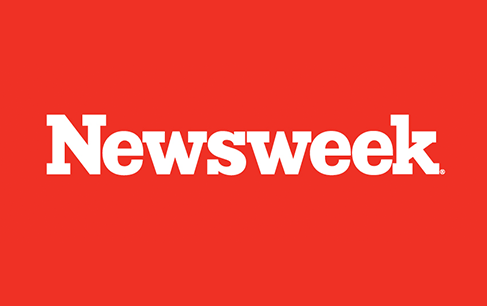WWF in Action: Alaska
Protecting the Needs of Indigenous Alaskans

Among indigenous communities of Western Alaska and Eastern Russia, Chinook and chum salmon are essential elements of nutritional, cultural and economic life. For the indigenous people of the Pacific Rim, salmon are a primary source of protein and also a part of their culture. Native groups celebrate the first return of salmon and individuals catch and store salmon for their families to eat all winter.
Salmon are also essential to bears, eagles and for nutrient transport from the ocean to the banks of rivers. Pacific salmon enrich terrestrial and freshwater ecosystems with essential marine-based nutrients when they complete their lifecycle.
Chinook and chum salmon are increasingly at risk. Some salmon runs have been depleted so greatly that subsistence users cannot harvest enough fish to sustain themselves and their families through the year. One source of depletion is industrial fisheries, which kill salmon they accidentally catch in the hunt for other fish, a practice called bycatch.
In 2005 alone, more than 700,000 unwanted chum salmon were pulled in and discarded by the industrial Bering Sea Pollock fishery. This wasteful practice robs local communities of an essential food source, impacting their socio-economic and cultural life.
WWF works with indigenous communities to ensure these salmon remain abundant in the Bering Sea for subsistence, recreational and commercial harvest. In 2009, WWF and partners testified before the North Pacific Fishery Management Council about the hardship to indigenous people and the environmental damage caused by the lack of effective bycatch regulation. In 2010 and 2011, WWF facilitated public input to Council decisions regarding bycatch limits.
WWF recognizes that indigenous communities play a critical role in securing acceptable bycatch limits. To help them, we provide training on federal fisheries management issues.
WWF and partners also trained more than 25 tribal and village leaders and residents from Western Alaska in May 2011. The participants learned the wider regional importance of chum salmon, damage caused by bycatch and how to provide effective public comments to the Council.
With this knowledge, the regional tribal leaders are now able to more assertively protect the needs of their people and the wildlife on which they depend.
Photo © Vladimir Filonov























